Do Cats Go Through Menopause? Understanding Feline Heat Cycles and Fertility
Do Cats go through menopause, yes or no? Many cat owners wonder this question when their feline friends reach their golden age. Humans experience menopause as the end of fertility. Cats, however, have a very different biology. Cats, unlike women, continue to go through reproductive cycles all their lives. However, fertility naturally decreases with age. This distinction will help you make better decisions regarding your cat’s health and care.
Owners of older cats may notice changes in their behavior, such as fewer heat cycles, a harder time getting pregnant, or a change in their behavior. This brings up an important question: Do cats experience menopause the same as humans? The answer is no. However, cats experience some unique reproductive changes.
The following questions are frequently asked by veterinarians: Do cats experience menopause or do their periods stop? Although the term menopause is used exclusively for humans, cats also undergo a form of reproductive aging. It is important to understand how feline fertility changes over time, particularly if your cat remains unspayed.
1. Reproductive Aging in Cats vs. Reproductive Aging of Cats

Menopause in women is the natural end to menstruation, and is usually experienced between 45 and 55 years of age. After this point, pregnancy is not possible.
Cats do not experience menopause. Female cats, however, continue to experience estrous cycles (heat) for the majority of their lives. slowly declines, not abruptly. The biological age of each species is different.
2. Do Cats Go Through Menopause like humans?

The simple answer is: No. The menopause is not experienced by cats as it is in humans. Cats don’t experience menopause as humans do.
- Reduced Heat Frequency with Age
- Less viable eggs are being released
- Reduced chances of pregnancy
- Increased risks during pregnancy and delivery
- Milder symptoms of heat in comparison to younger years
While cats do not reach a complete shutdown of their reproductive abilities, the decline can mimic menopause-like changes in certain ways.
3. The Feline Reproductive Cycle explained

Cats are seasonal polyestrous. This means that they cycle more than once during the breeding period, usually from spring to fall. A typical cycle can last 7-10 days. If mating does not occur, a new cycle could start within a few weeks.
Cat heat cycles:
- The uterine lining of cats is not reabsorbed, but they do not menstruate.
- Young cats can experience heat cycles every 2 to 3 weeks.
- Estrus is characterized by vocalization, restlessness and rubbing.
- The mating of cats is necessary to induce ovulation. Without mating, the cycle continues.
Cats are technically fertile until they are spayed. Senior cats, however, experience reduced fertility.
4. As cats age, their fertility changes.
Cats do not reach a “fertility threshold” at a specific age. The changes are more gradual.
- The frequency of cycles decreases in older cats
- The quality of eggs is declining . This reduces the chances of conception.
- The number of complications during pregnancy increases as you age.
- Hormonal Changes can make heat symptoms more subtle.
- The overall reproductive efficiency of is declining.
The natural decline of the cat makes it possible to get pregnant, but is far more dangerous in older cats.
5. Ageing signs in female cats are often confused with menopause
Many owners assume that cats with fewer heat cycle are in menopause. This is not the case. These are instead signs of natural ageing:
- Heat cycles that are softer or shorter
- Less interest in mating
- Activity levels decline
- Longer recovery after pregnancy
- Risk of increased reproductive diseases
- The coat becomes duller or thinner
- Weight loss or decreased appetite
- Stiffness associated with arthritis
- Restless or more vocal nights
- More frequent vet visits are needed
These are not symptoms of menopause, but normal changes in the senior cat.
6. The Health Risks to Spaying Older Cats
The risks of keeping a female kitten unspayed into old age are significant. Some of the most worrying include:
- Pyometra – a dangerous, often life-threatening uterine infection
- Mammary Tumors are more common in cats who have been spayed in later life
- Ovarian Cysts can cause hormonal imbalances
- Uterine Cancer– rare but possible for intact cats
- Heat cycles that are stressful and reduce the quality of life
Veterinarians recommend spaying a cat even if it appears “too young” to be pregnant.
7. Is it safe to spay an older cat?
Modern veterinary care is safe for most senior cats. Although there are risks with any surgery the benefits usually outweigh these. Benefits include:
- Eliminating heat cycles completely
- Reducing cancer risk
- Preventing uterine infection
- Stopping hormonal Stress
- Improve your long-term health and quality of life
Before spaying older cats, vets recommend that they undergo bloodwork and a health check to make sure that they are able to handle anesthesia.
8. Care for your Senior Female Cat
Your cat’s senior years will require extra care, whether she is spayed. Here are some ways you can help her:
- Every six months, schedule a vet checkup.
- For joint and kidney health, switch to a senior feline diet
- Maintain a healthy body weight to prevent diabetes, arthritis and other diseases
- Offer soft and warm bedding
- You can help people with mobility by using ramps or stairs
- Encourage gentle play for mental stimulation
- Multiple litter boxes should be easily accessible
- Consider taking supplements to support the health of your joints, coat and hair.
- Maintain a calm, predictable home environment
- Love, comfort, and attention are all important.
Senior cats thrive best when their needs are met with patience, care and understanding.
Cats and Menopause: FAQs
Q1 – Do cats experience menopause?
No. Although fertility decreases with age, cats continue to experience heat cycles.
Q2: Can older cats still get pregnant?
Even senior cats can get pregnant, but complications will be more likely.
Q3 – At what age does a cat stop being in heat?
The age at which cycles completely stop is not fixed. The cycles become less frequent with time, but they don’t suddenly stop.
Q4 – Do spayed cats experience menopause?
No. No, because the reproductive organs of spayed cats are removed.
Q5 – At what age should a cat be spayed?
Spaying is beneficial at any age, but it’s best to do so before the first heat (5-6 month old).
Q6 – My older cat has stopped showing heat signs – does this mean menopause?
No. This could be a sign of illness or a weaker cycle. It is best to have a vet check her out.
Q7. Do male cats go through menopause?
No. Male cats do not go through menopause. However, their fertility can decrease slightly as they age.
Q8 – Should older cats receive hormone therapy?
No. Cats do not require hormone replacement therapy to age like humans.
The conclusion of the article is:
Do cats experience menopause like humans? No, cats do not. They have lifelong cycles of heat that slowly decrease in frequency as they age. Senior cats are still at risk for pregnancy and serious reproductive disorders if they’re not spayed.
The best way to ensure your cat’s good health is by neutering, and by providing senior care that is age-appropriate. Your feline friend will enjoy her golden years with the right diet, medical care, and affection.
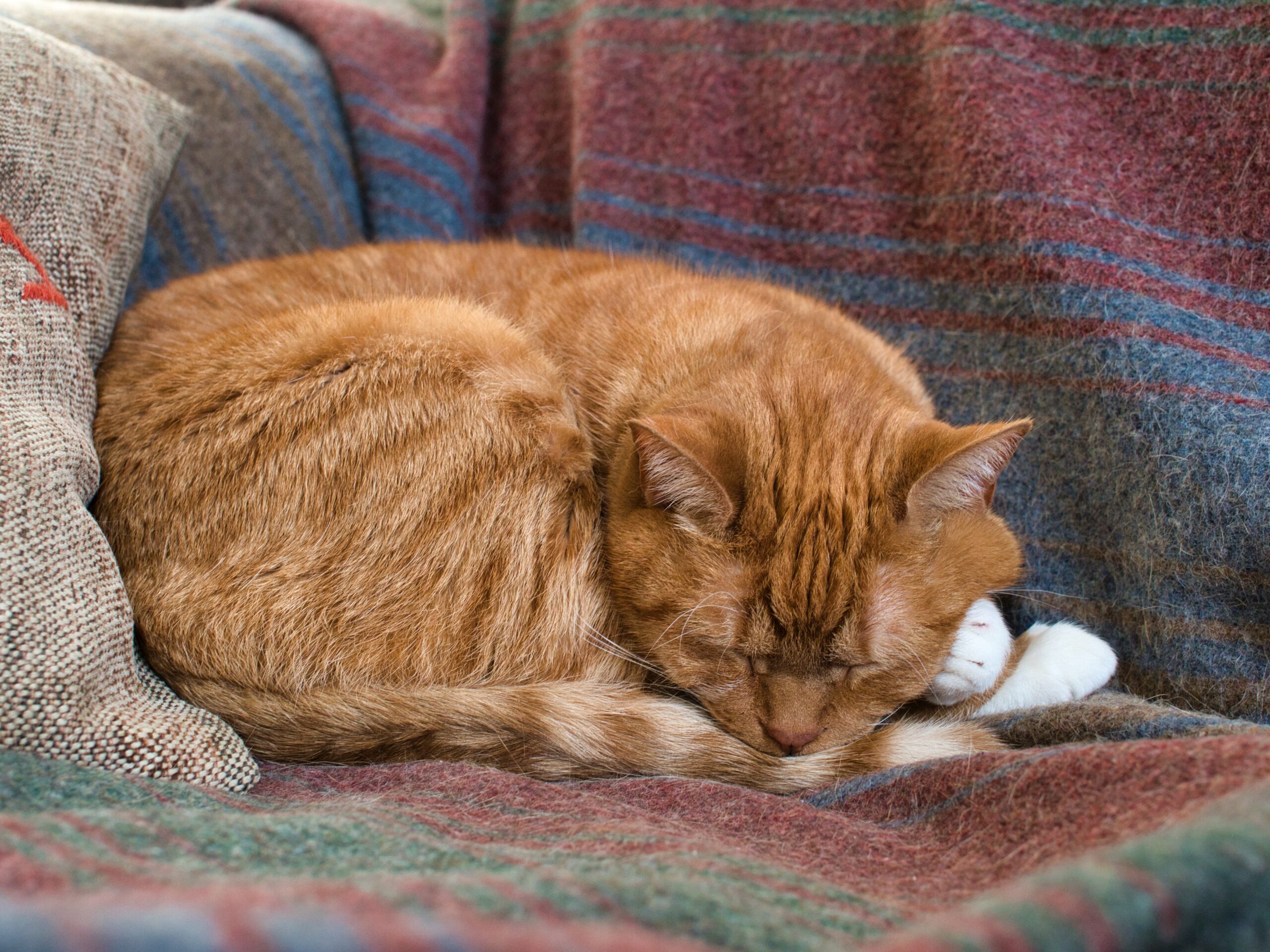
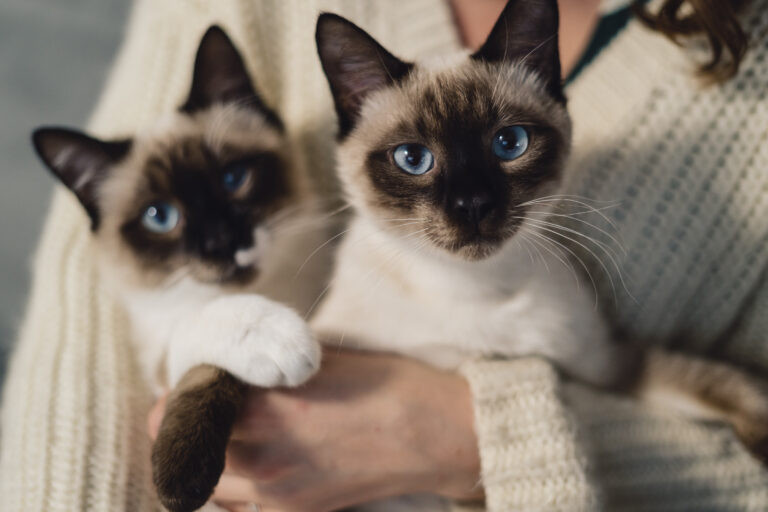
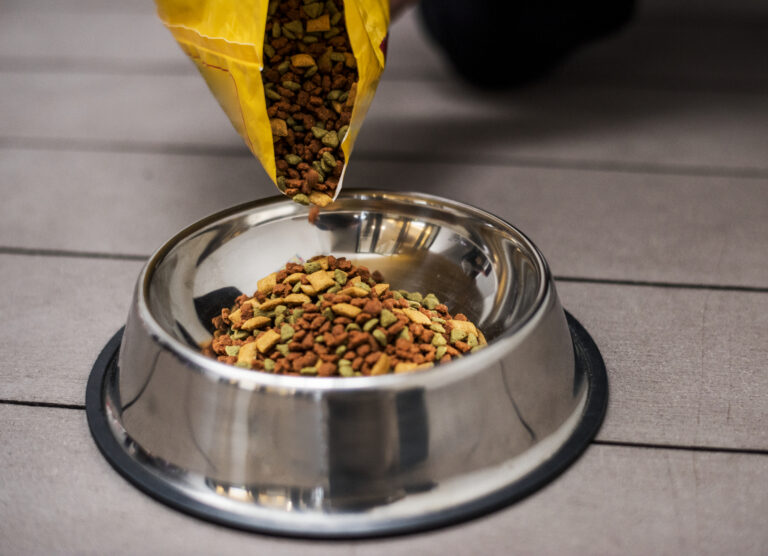
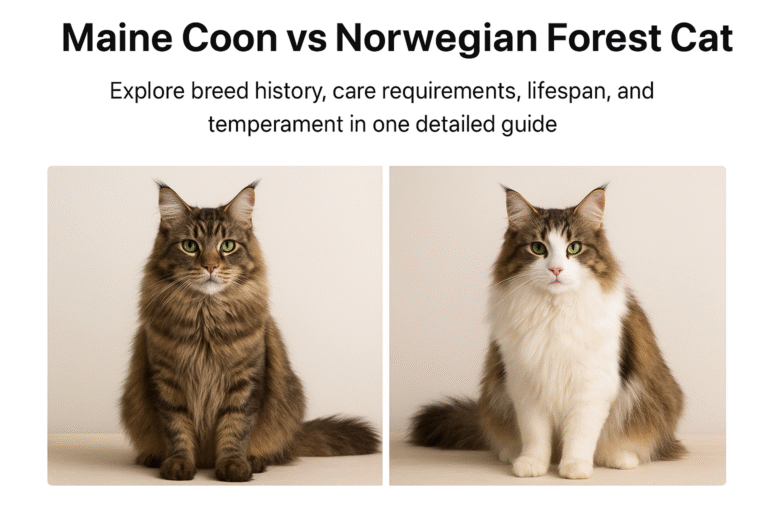

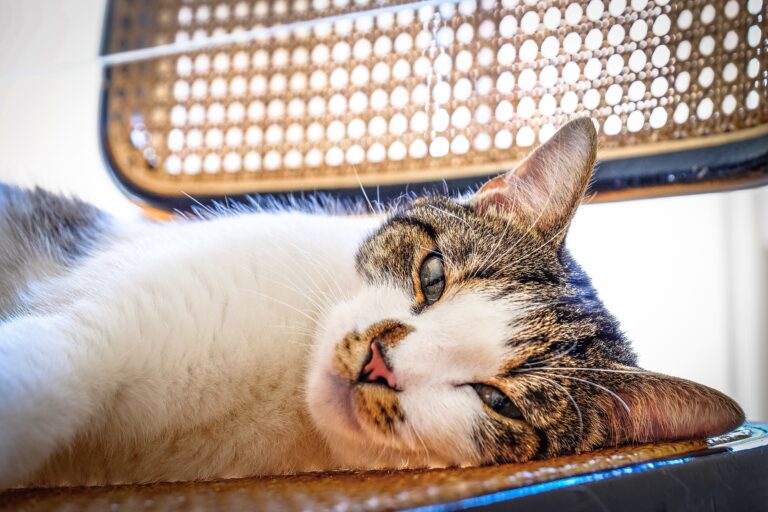
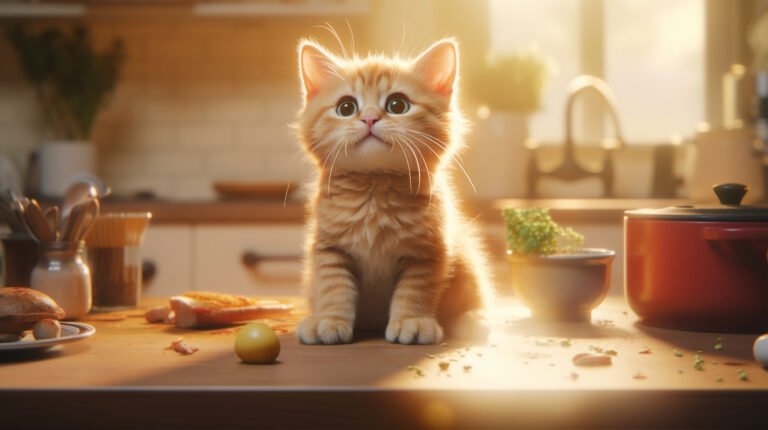
One Comment